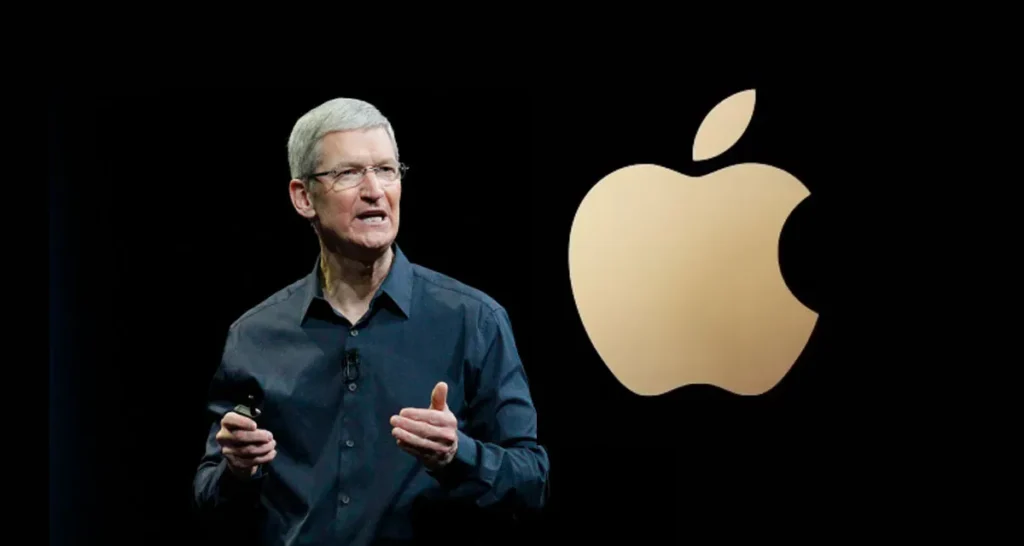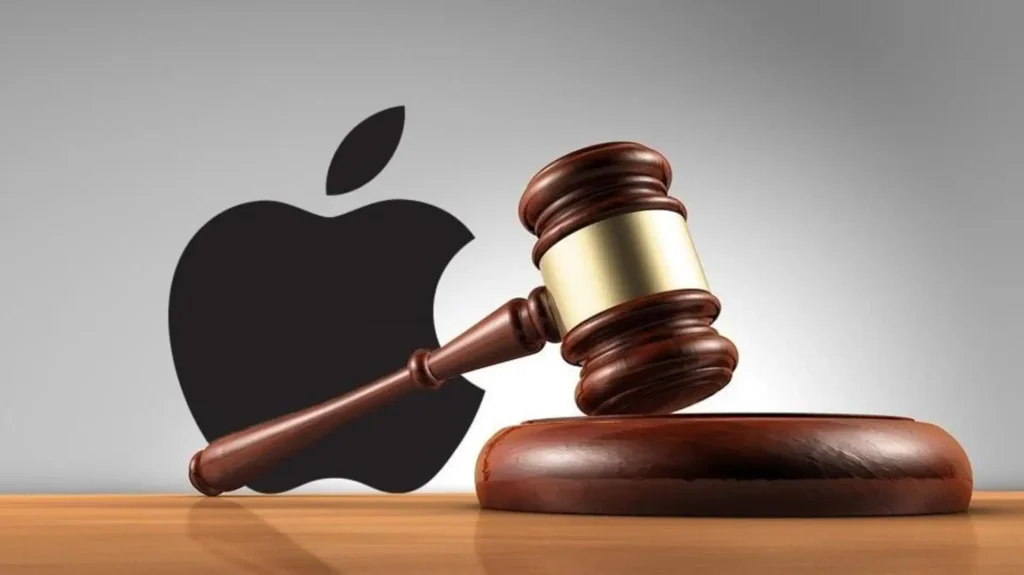The EEOC has sued Apple for alleged antisemitic discrimination against a Jewish employee. Learn about the case details and legal implications.
Table of Contents
US Agency Sues Apple Over Alleged Religious Discrimination
The U.S. Equal Employment Opportunity Commission (EEOC) has filed a lawsuit against Apple Inc., accusing the tech giant of religious discrimination and retaliation. The case involves a Jewish employee who claims he was subjected to antisemitic remarks, denied requests for religious accommodations, and eventually fired.
This lawsuit highlights growing scrutiny on how major corporations handle workplace discrimination under the Civil Rights Act of 1964.
Allegations Against Apple

According to the EEOC, the case centers around Tyler Steele, a long-time Apple employee who converted to Judaism in 2023. Steele worked as an “Apple Genius” at the Reston, Virginia store since 2007.
Key allegations include:
- His manager made antisemitic remarks and claimed he had “body odor.”
- He was forced to work on the Jewish Sabbath, despite repeated accommodation requests.
- He was warned not to discuss the October 2023 Hamas attack on Israel with coworkers.
- Steele was fired in January 2024, shortly after refusing to work on a Friday, which violated his religious observance.
The EEOC is seeking back pay, damages, and punitive penalties against Apple, citing “malicious and reckless conduct.”
Legal Grounds of the Case

The lawsuit invokes Title VII of the Civil Rights Act of 1964, which prohibits employers from discriminating against workers based on religion, race, sex, disability, and other protected traits.
The EEOC argues that Apple failed to:
- Provide reasonable religious accommodations (such as allowing employees time off for observance).
- Protect Steele from harassment and retaliation.
If the court rules against Apple, the company could face significant financial penalties and reputational damage.
EEOC’s Focus on Religious Discrimination
Under its current leadership, the EEOC has emphasized religious freedom in the workplace. Acting Chair Andrea Lucas, appointed during the Trump administration, has argued that religious protections often take a backseat to political agendas.
This lawsuit signals that large employers, including tech companies, are under greater scrutiny when it comes to handling requests for religious accommodations.
Apple’s Response
As of now, Apple has not issued a public statement regarding the lawsuit. The company has previously highlighted its commitment to diversity, equity, and inclusion, but this case may raise questions about how those policies are applied in practice.
🔹 FAQs
Q1: What is the EEOC suing Apple for?
A: The EEOC accuses Apple of religious discrimination and retaliation against a Jewish employee who was denied time off for the Sabbath and later fired.
Q2: What law protects employees in this case?
A: The lawsuit is filed under Title VII of the Civil Rights Act of 1964, which prohibits workplace discrimination based on religion, race, sex, and other factors.
Q3: What penalties could Apple face if found guilty?
A: Apple may be required to pay back wages, compensatory damages, punitive damages, and legal fees if the court rules in favor of the employee.
Q4: Can employees refuse to work on religious holidays?
A: Yes. Under federal law, employees have the right to request reasonable religious accommodations, and employers must comply unless it causes undue hardship.
Q5: Has Apple responded to the lawsuit?
A: As of now, Apple has not provided an official comment regarding the EEOC’s claims.
🔹 Conclusion
The lawsuit against Apple underscores the importance of workplace protections, religious accommodations, and compliance with federal law. If proven, this case could set a significant precedent for how large corporations address employee rights and religious freedom.
As the legal process unfolds, the outcome will be closely watched by employment law experts, advocacy groups, and the tech industry.
👉 What are your thoughts on this case? Do you think companies are doing enough to protect employee rights? Share your views in the comments below.

